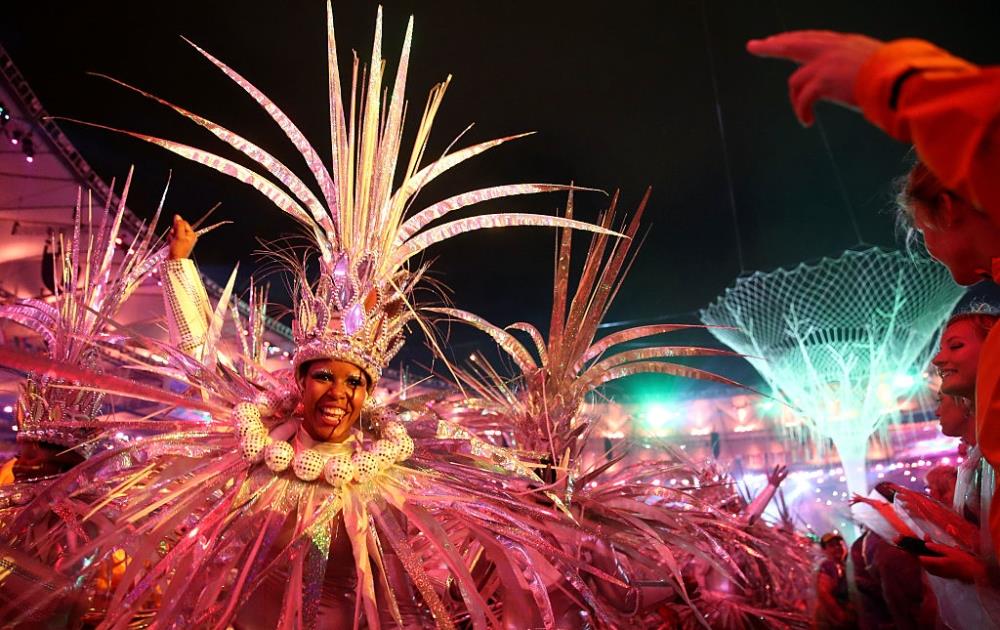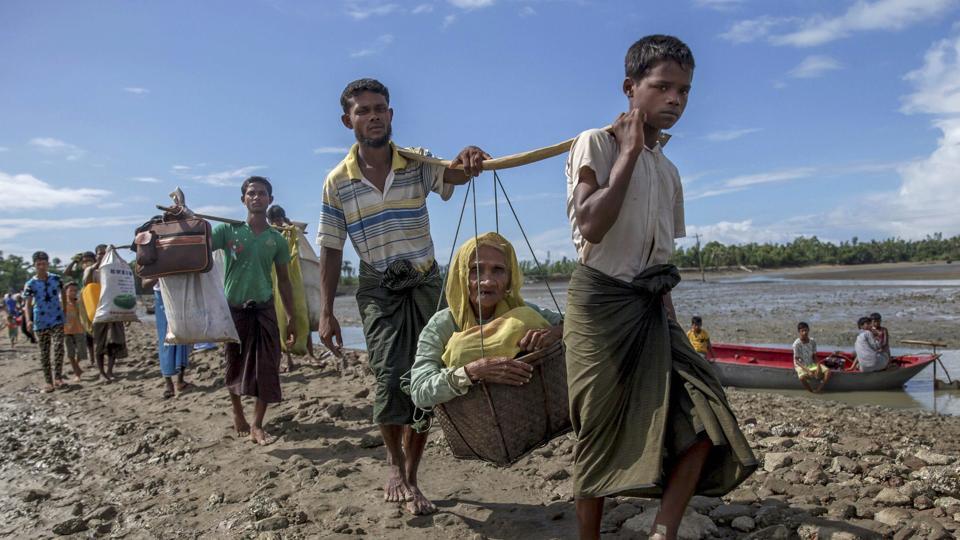By Rajashree Ghosh
INDIA New England Columnist
In the age of information, we rely on news from media – online or otherwise to inform us of the goings-on so that we can form educated impressions about politics, peoples, events and more. Among the major issues that became part of the collective conscience the past few months was the Rio Olympics. All eyes were on Brazil. Yes, the land of samba, the statue of Christ the Redeemer atop Corcovado mountain, Iguacu falls and the Amazon. And much more!

As a member of the BRIC, Brazil represents one of the fastest growing economies. As a group of countries, BRIC account for almost three billion people, or just under half of the total population of the world. In recent times, the BRIC have also contributed to the majority of world GDP growth. Indian sports officials vowed that the massive nation would turn around its long history of dismal Olympic results and be proud of its athletes.
But then there was the hype about Zika virus. Pictures of women who had given birth to infants who succumbed to the virus were splattered on any news platform one chose. It consumed the minds and bodies of many and even reminded me of the bird flu in India some years ago and even the plague. Based on available information running rife, it is little wonder how many deferred travel to the beautiful Central and South American countries this summer.
For Brazil to host an international event sullied by Zika seemed really challenging. In addition, several news items focused on Brazil’s insecurity, political instability as well. In a USA Today piece, it was reported that original estimates were 200,000 Americans traveling to Brazil and in the end only half of them attended the Olympics. Conversations on whether Brazil will be able to pull it off were rife – why is the country that has so many problems becomes a host? Who made Brazil the host? However, we know that the process was transparent. Brazil won the bid to host and the International Olympic Committee recognized the power of transformation the games would have on Rio, Brazil and South America.
 Brazil on its part stressed that they were doing everything to ensure a safe experience for the estimated 500,000 visitors during August’s Games. The 85,000 civil and military police set to patrol the city are double the amount in London during the 2012 Games. And Brazil’s health minister said that there is “almost zero risk” of contracting Zika in Rio since the Games were being played during South America’s winter when the mosquito population is low. And this was echoed by the World Health Organization. Zika has been in Brazil long enough that the population had begun to form immunity to it. Ironically pregnant women in Rio were far safer than pregnant women in say Miami. Florida and Gulf states are now ramping up measures to control the disease.
Brazil on its part stressed that they were doing everything to ensure a safe experience for the estimated 500,000 visitors during August’s Games. The 85,000 civil and military police set to patrol the city are double the amount in London during the 2012 Games. And Brazil’s health minister said that there is “almost zero risk” of contracting Zika in Rio since the Games were being played during South America’s winter when the mosquito population is low. And this was echoed by the World Health Organization. Zika has been in Brazil long enough that the population had begun to form immunity to it. Ironically pregnant women in Rio were far safer than pregnant women in say Miami. Florida and Gulf states are now ramping up measures to control the disease.
Yet the damage was done. Some Olympic athletes attending were taking creative—some might even say extreme—steps to protect themselves. Who hasn’t gawked at American goal keeper Hope Solo’s arsenal to protect herself from Zika?! Her Instagram pictures reflected the popular sentiments and she was lauded for her approach. The Brazilian crowd however responded to her pointed comments with loud boos every time she touched the ball.
In similar vein it was very believable when Olympic swimmer Lochte and his team reported that they were mugged and robbed at gun point. Prior to that reports had focused on Brazil’s the highest murder rates in the world, and most violent crime happens in the slums known as favelas. Again, this resonated with the public because news feeds relentlessly report the lack of security. However, in this case the Brazilians were firm to counter it with video footage and evidence that proved that Lochte and his team had fabricated the truth. Pushed to a corner Lochte has since apologized somewhat and his excuse being that he was in a foreign country and there was a language barrier.
International events such as the Olympics entail that events are in held in foreign countries for most teams and many times the official language is not English. It provides an opportunity for visitors and participants to know the country as hosts, their culture, practices, polity and language as well. And likewise every visitor gets to be an emissary of his or her country.
Our sources of information, be it news media, twitteratis, instagrammers and bloggers need to take a step back, take some lessons on responsible information sharing. The region is not a permanent Spring break destination where anything goes and that it is foolish to assume a country south of the border can be misrepresented and get away with it.
(Rajashree Ghosh is a Resident Scholar at Brandeis Women’s Studies Research Center.)











